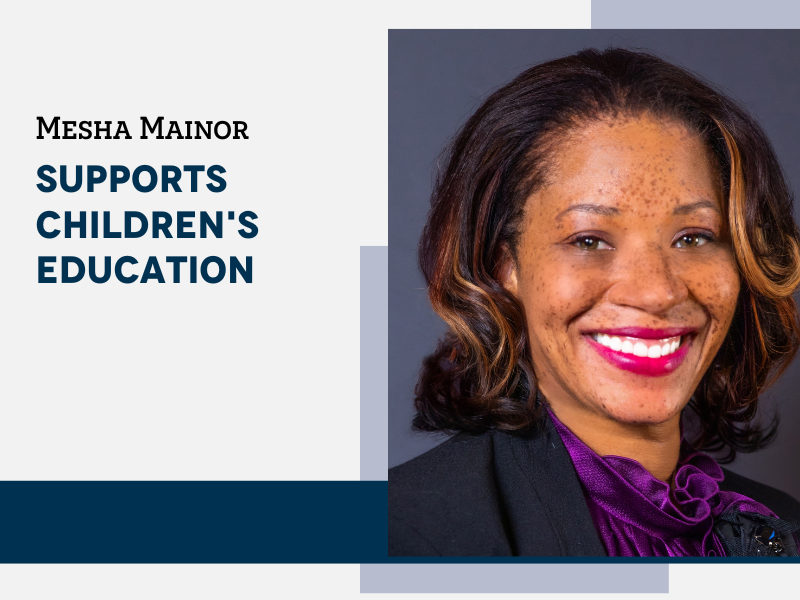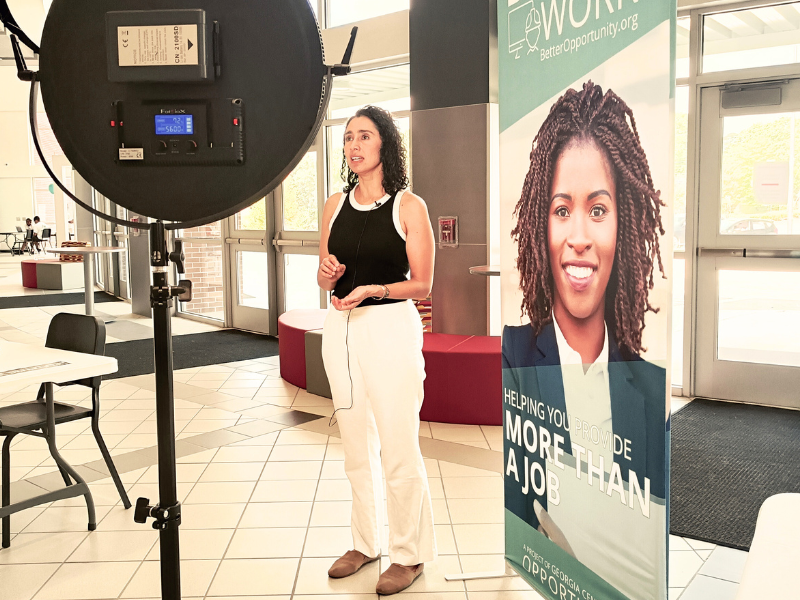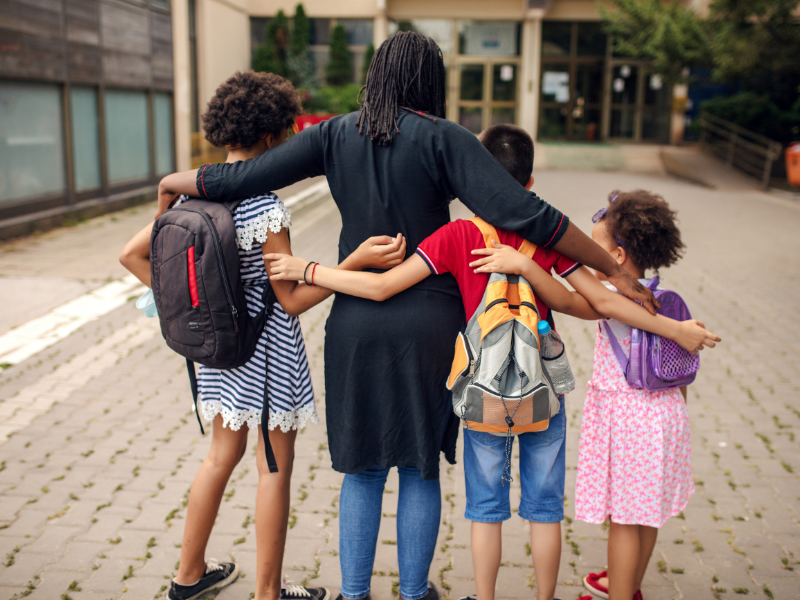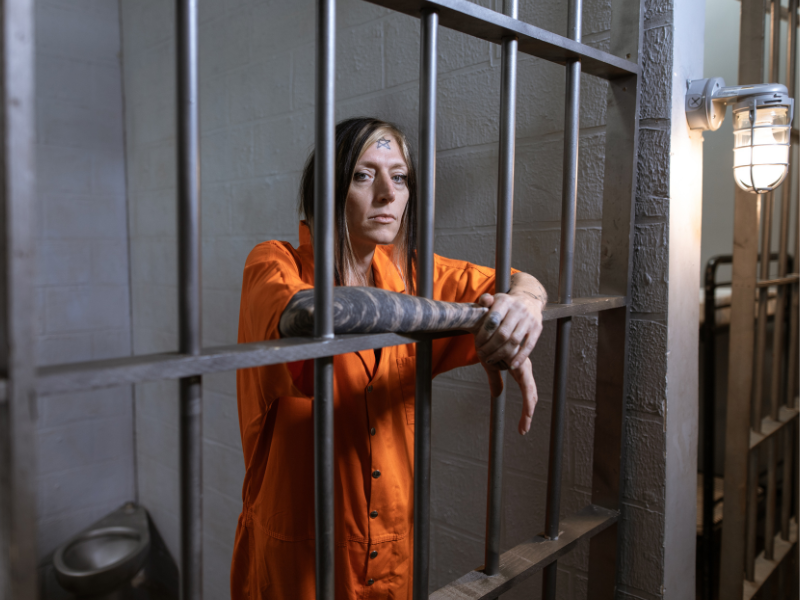
We need more lawmakers like Georgia Rep. Mesha Mainor

We need more lawmakers like Georgia Rep. Mesha Mainor
Key Points
- Mainor’s party switch shows her dedication to expanding educational options.
- There is a growing national movement in favor of educational opportunity, with several states enacting universal access to education.
- Parents show public support for school choice, especially within minority communities, and Mainor’s recognition of the urgent need for better educational options in her district says she’s listening to her constituents.
Our state and nation would be far better off if there were more principled lawmakers like Rep. Mesha Mainor around.
Mainor recently made national headlines by announcing her change in party affiliation from Democrat to Republican. A prominent Georgia Democrat and sitting state senator has already vowed to ensure she is defeated in next year’s primary election. Partisanship aside, one of Mainor’s primary reasons for switching was due to her support for expanding educational options to all students.
Mainor was the only Democrat to vote in favor of Georgia’s Promise Scholarships Act earlier this year. The measure would have put $6,500 per student back into parents’ pockets so they could fund the best educational approaches for their children, including private school tuition. The bill was targeted so that students in some of the poorest performing public school districts across the state would have access.
The measure passed the Senate with unanimous Republican support but fell short in the House with a number of Republicans breaking with their party to oppose the measure. Thankfully, the bill is alive for the upcoming 2024 session.
Mainor is a prime example of a lawmaker putting the best interests of her constituents first — especially her constituents who are impoverished and reside in zip codes with limited educational options. This type of integrity is rare in politics and policy making these days.
But her decision doesn’t stand in a silo. It is reflective of a growing national movement in favor of educational opportunity. Half a dozen states have already enacted universal — or near universal — access to educational opportunity in 2023 alone. Lawmakers across the U.S. are recognizing the growing national consensus around this issue.
The most recent evidence is a new poll showing that 71% of Americans support the concept of “school choice,” which is defined as giving taxpayer dollars back to parents to empower them to choose the right school for their child. The COVID-19 pandemic was a catalyst for even stronger public support, with backing for school choice growing seven percentage points between now and the beginning of the pandemic.
Crucially, 73% of African Americans and 71% of Hispanics support school choice. This is a reality Mainor has recognized in her own district, which is predominantly minority — she sees the desperate need these families have for an educational lifeline.
“In my district in particular, we have schools with 3% reading proficiency, 3% have obtained math proficiency by the eighth grade,” Mainor told Fox News Digital. “And so to say that this is just how it is and that the kid needs to just suffer these consequences, I don’t agree with that. And I don’t think that all parents agree with that either.”
Perhaps more revealing is the fact that the poll found widespread support for school choice even among Democrats — to the tune of 66%.
It’s a shame that Mainor was forced from her political party in large part because she refused to toe the line on what should be a bipartisan issue — and an issue that clearly is viewed as bipartisan among the electorate in general.
A poll found widespread support for school choice even among Democrats — to the tune of 66%.
A poll found widespread support for school choice even among Democrats — to the tune of 66%.
It’s an issue that helps students like Aiden, a young man with special needs who wasn’t getting the specialized education he needed in local public schools in Cobb County. The answer came through a specialized private school in Atlanta. Or the story of Hudson, another student with special needs whose life was transformed by access to an alternative education option.
We commend Mainor for her bravery and integrity as we build a future where every child has access to an excellent education.

About The Author
David Bass
Press Manager
David Bass is a journalist and communications professional with nearly two decades of experience in the world of PR, marketing, and publications.









